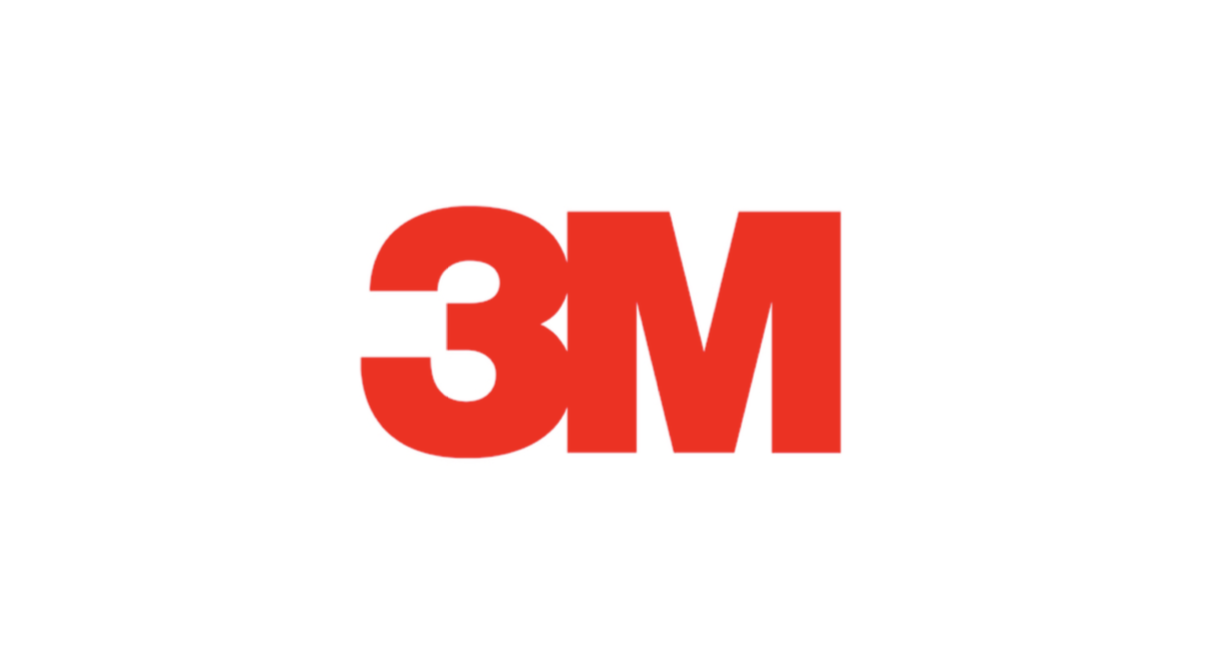
3M's Food Safety Divestiture Has No Impact on Dividend
3M this week announced plans to separate its food safety business through a tax-friendly combination with Neogen (NEOG), a company specializing in food and animal safety.
While this transaction has garnered media attention, food safety only accounts for about 1% of 3M's net sales and will have minimal impact on the firm's overall earnings and payout ratio.
Given the limited impact on profits and considering the $1 billion the company will receive as part of the transaction to further strengthen its balance sheet, we are reaffirming 3M's Safe Dividend Safety Score.
In addition, we expect 3M to announce its 64th consecutive annual dividend increase this February, most likely a modest single-digit raise.
The decision by 3M to part with the food safety business stems from the minimal overlap it has with other areas of the firm. 3M's food safety unit is considered more valuable to investors when paired with a more synergistic company like Neogen.
As part of the combination, 3M shareholders will receive newly issued shares of Neogen when the transaction closes by the end of the third quarter next year. Collectively, 3M investors will own 51% of the combined company.
It's worth noting Neogen does not pay dividends, and given management's propensity to invest cash back into the business, the company is unlikely to adopt a payout policy following the combination.
Beyond the news of the food safety combination, it's worth mentioning 3M's lack of earnings growth these past few years and the corresponding lackluster performance of the company's stock.
Although 3M's roughly 60,000 products and diverse end markets generate reliable cash flow, the company has struggled to get its sprawling segments moving in the same direction to spur strong earnings growth.
This has been a similar struggle for other large conglomerates, leading some to speculate 3M's food safety transaction could potentially be signaling more divestitures to come, not unlike recent actions taken by other diverse enterprises like General Electric and IBM.
At this point, there is nothing concrete to suggest a more radical breakup is the path forward for 3M, which has more interdependent segments than most firms. Still, in the event of any future divestitures, we would expect the company to keep income investors whole.
Additionally, investors are still concerned with 3M's mounting legal liabilities from its PFAS litigation, which some analysts believe could exceed $10 billion.
Earlier this year, we shared our thoughts on this litigation headwind, concluding the A+ rated 3M has the financial flexibility to absorb a negative outcome while maintaining its commitment to the dividend. Our stance has not changed.
Even though we remain confident in 3M's dividend policy, these growth and liability concerns may continue to weigh on the company's stock price. We will continue to monitor the situation and provide updates as necessary.
Overall, we believe the firm's diversified business will likely, at a minimum, track global GDP growth over time and make 3M a more valuable company.

